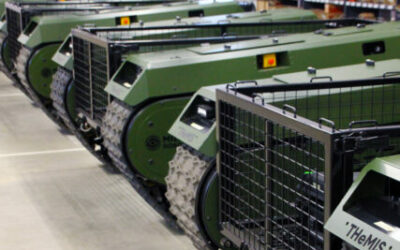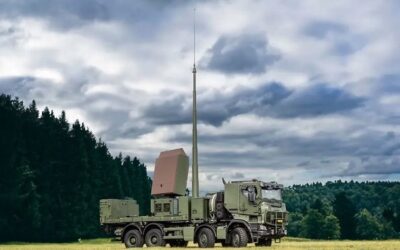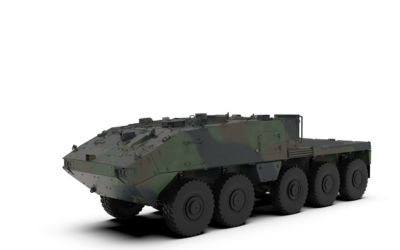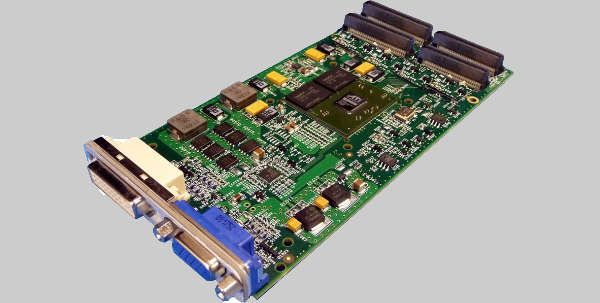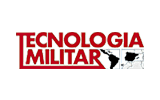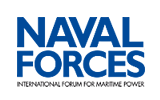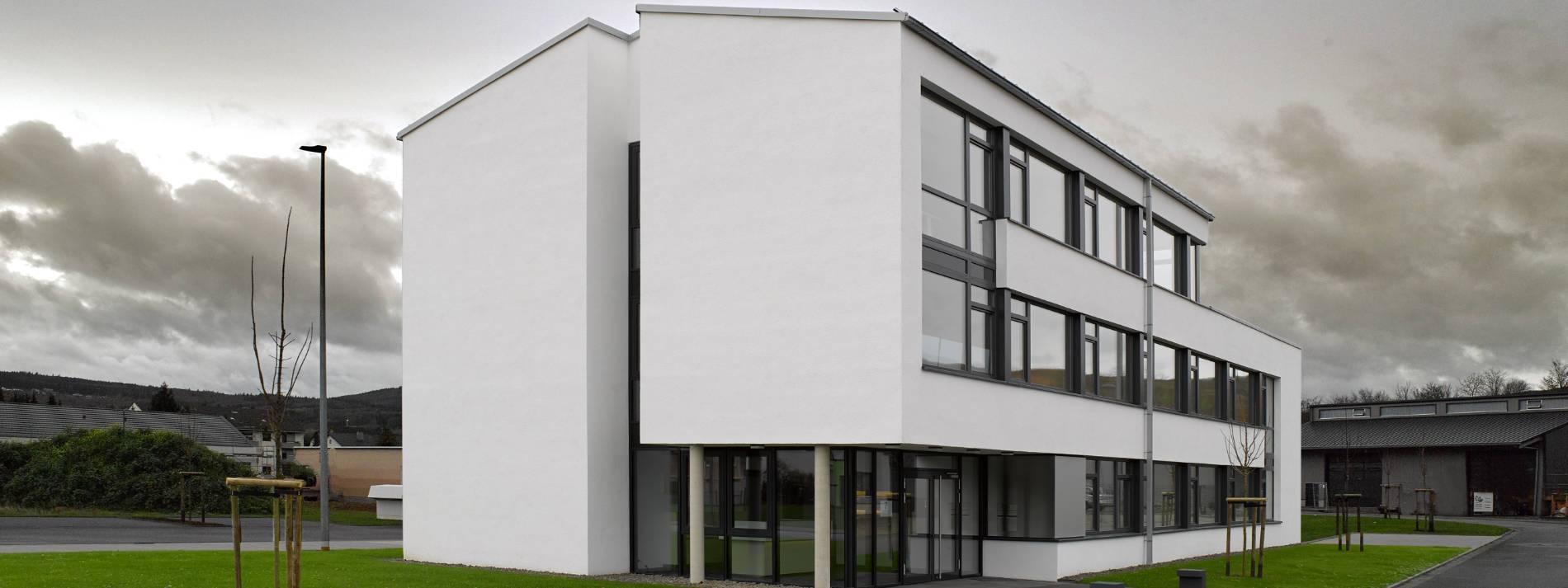Autonomy Provides Safety, Security and Speed
In a media release that provides a shining example of Israeli government support for its capable defence industry, SIBAT, the International Defence Cooperation Directorate in Israel’s MoD, outlined the role being played in countering the COVID-19 pandemic by player in the nation’s considerable unmanned systems community.
Stressing the challenges and risks faced by law enforcement and first responders, the Directorate emphasises the manner in which unmanned systems, initially developed for mi9litary and homeland security applications, are now being employed in various tasks as part of the campaign against the virus and are likely to remain available to first responders in the foreseeable future.
The use of autonomous, unmanned, and robotic systems proves valuable in multiple scenarios; conducting surveillance and providing situational assessments before authorities enter a scene, enabling them to prepare accordingly, for example. Robotic means may also be used to secure supply channels to contaminated areas without risking human lives. They can ship medical supplies using driverless trucks or deliver equipment via autonomous aerial delivery (drones). UAS may also be employed to survey large areas and assist first responders.
The HoverMast series from SkySapience offers a unique aerial solution for real-time intelligence and communication, specifically designed to meet emergency response and homeland security needs. The HoverMast is a tethered hovering platform, featuring unlimited power and operational endurance, as well as exceptional payload, visibility, and mobility capabilities. Providing a complete solution, HoverMast provides high-resolution observation and surveillance capabilities while establishing ad hoc communication service between local teams in case of an outage of the cellular network. As a tethered platform, HoverMast is exempt from standard air control regulations, making it immediately available for any task, virtually anywhere, including urban areas, enabling monitoring and supervision of isolation and quarantine areas. The platform has already been successfully operated worldwide by the UN and large organizations in the United States, Asia, and Israel.
Blue Bird Aerosystems’ 32kg fixed-wing ThunderB drone can fly to a range of 150 km, conducting high-resolution surveillance of wide areas day and night, detecting border transgressions and localising unauthorized gathering of people in quarantine areas, preventing riots and looting by directing law enforcement to the situation. ThunderB can also help dispatch medical supplies to remote locations. The mini-drone can carry small cargo capsules under its wings and release them automatically at a designated location. These capsules can be dropped with the aid of a small parachute to deliver fragile items. With this capability, small drones can deliver vaccines and drugs to remote locations, avoiding lengthy ground transportation.
When pickup and delivery of essential goods are required, drones become useful, but today, each drone needs a specialist operator to deploy. Gadfin has developed a VTOL, electrically-powered aircraft that autonomously delivers small packages over distances up to 250km. Gadfin’s first version, SPIRIT ONE, has a maximum take-off weight of 25kg, carrying packages of up to 10kgat high speed and in a wide variety of weather conditions. In early 2020, the platform became the first drone to receive Israel’s Civil Aviation Authority permit for urban airspace deliveries, enabling drones to expedite delivery services from medical teams and first responders to laboratories and hospitals, offering the fastest, most reliable, and predictable transfer of refrigerated medical items such as tissue samples and blood tests, blood donations, organs for transplant, and more. Using drones, deliveries can be completed within minutes and at very low costs. The company is currently engaged in the development of a larger aircraft, able to carry up to 100kg over an even greater distance.
On the ground, robotic platforms such as the AMSTAF UGV can be used to secure a safety perimeter around isolated areas, or to tighten control of long borders or autonomously transport patients in isolated capsules, thus minimizing contamination risks. Carrying special sensors and payloads, the AMSTAF can also be used for fire extinguishing or disinfection and sterilization of large spaces.
Other robots, like RobotiCan’s NurseeBot, are used for indoor operations. This robotic attendant was developed to provide logistics assistance and remote patient care in hospital wards contaminated with COVID-19. NurseeBot enables direct communication between doctors and coronavirus patients without any physical contact. The system contains a tablet computer that provides video and audio from the patient’s bedside and a computer with a camera and a microphone at the medical team’s location.

